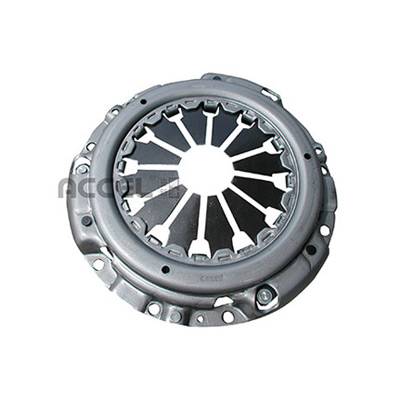
- Call Us
- +8618633052223
- njhdvlz@163.com
دېكابىر . 28, 2024 08:31 Back to list
excess flow check valve manufacturer
Understanding Excess Flow Check Valves Functionality and Importance
Excess flow check valves play a critical role in various systems, particularly within the industrial and municipal sectors. These valves are designed to protect pipelines and equipment from the dangers associated with excessive flow, ensuring system integrity and operational safety. This article explores the functionality, manufacturing process, applications, and the importance of excess flow check valves.
What is an Excess Flow Check Valve?
An excess flow check valve is a mechanical device that automatically closes when the flow rate exceeds a specified threshold. Primarily, it prevents fluid or gas from flowing downstream beyond an acceptable limit, thereby mitigating the risks of over-pressurization or accidental discharges. These valves are typically installed in pipelines connected to tanks, pumps, and other critical infrastructure to maintain safe operating conditions.
How Do Excess Flow Check Valves Work?
The operation of an excess flow check valve is based on a simple but effective principle. The valve contains a spring mechanism and a movable element, usually a disc or ball. Under normal operating conditions, the valve remains open, allowing fluid to flow through. However, if the flow rate surpasses the predetermined limit—often due to a rupture or unexpected blockage—the increased flow creates an opposing force that moves the disc or ball against the flow direction, closing the valve. This swift action helps to prevent potential damage or leaks, safeguarding both personnel and equipment.
Manufacturing Process
The manufacturing of excess flow check valves involves several key steps, ensuring that each valve meets stringent standards for safety and durability. The materials used are crucial; manufacturers often select corrosion-resistant metals or high-strength plastics to withstand the pressures and conditions of various environments.
1. Material Selection Choosing the right materials depends on the intended application; for instance, valves intended for chemical transport may require specific alloys to prevent corrosion.
2. Design and Engineering Engineers create designs that achieve optimal flow characteristics while ensuring the valve closes effectively under excess flow conditions. Computer-aided design (CAD) software is often used in this phase.
3. Production The actual manufacturing may include processes such as machining, injection molding, or die-casting, depending on the valve's complexity and material.
4. Testing After manufacturing, the valves undergo rigorous testing to ensure they operate correctly. This includes pressure tests, flow tests, and durability tests to simulate real-world conditions.
excess flow check valve manufacturer

5. Quality Control Finally, quality control checks are performed to guarantee that each valve meets industry standards and specifications before it is shipped to customers.
Applications of Excess Flow Check Valves
Excess flow check valves are utilized in a broad range of applications, including
- Oil and Gas Industry These valves are essential in pipelines transporting crude oil, natural gas, and other hydrocarbons, where pressure changes can have severe consequences. - Water Supply Systems Municipal water systems use excess flow check valves to prevent backflow and protect potable water supplies from contamination.
- Chemical Processing In the chemical industry, these valves safeguard against the repercussions of uncontrolled flows of hazardous materials.
- HVAC Systems They can also be found in HVAC applications, protecting compressors and other components from excessive pressure.
The Importance of Excess Flow Check Valves
The significance of excess flow check valves cannot be overstated. By ensuring that excessive flow is regulated, these valves help to
- Prevent Equipment Damage Excessive flows can lead to premature wear or catastrophic failure of pumps, pipelines, and other critical equipment.
- Enhance Safety By preventing leaks and potential explosions, these valves are essential to maintaining a safe working environment.
- Ensure Regulatory Compliance Many industries are governed by strict regulations regarding safety and environmental protection, making excess flow check valves integral to compliance.
In conclusion, excess flow check valves are vital components across multiple sectors, ensuring the safety and efficiency of fluid transport systems. Through advanced manufacturing techniques and robust designs, manufacturers produce these valves to withstand challenging conditions and safeguard against the risks of excessive flow. As industrial processes continue to evolve, the importance of these devices will only grow, underscoring their role in modern infrastructure.
-
Stainless Steel Sanitary Butterfly Valve | Hygienic & Durable
NewsAug.02,2025
-
Double Flanged Short Pattern Butterfly Valve | Compact, Efficient Flow
NewsAug.01,2025
-
Precise 3-Inch Butterfly Valve Dimensions | Durable Flow
NewsJul.31,2025
-
3 Butterfly Valve Dimensions | GPT-4 Turbo Precision Specs
NewsJul.31,2025
-
Stainless Steel Sanitary Butterfly Valve for Hygienic Flow Control
NewsJul.30,2025
-
High-Performance Groove Butterfly Valve for Easy Installation
NewsJul.30,2025